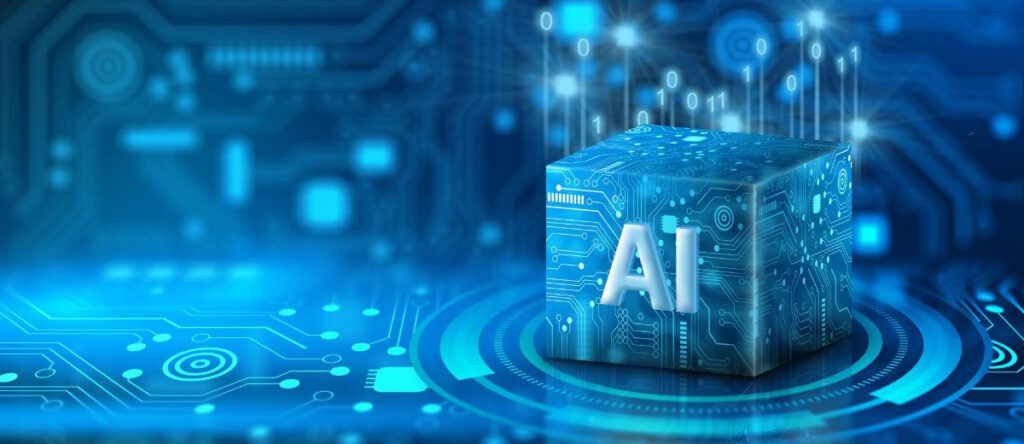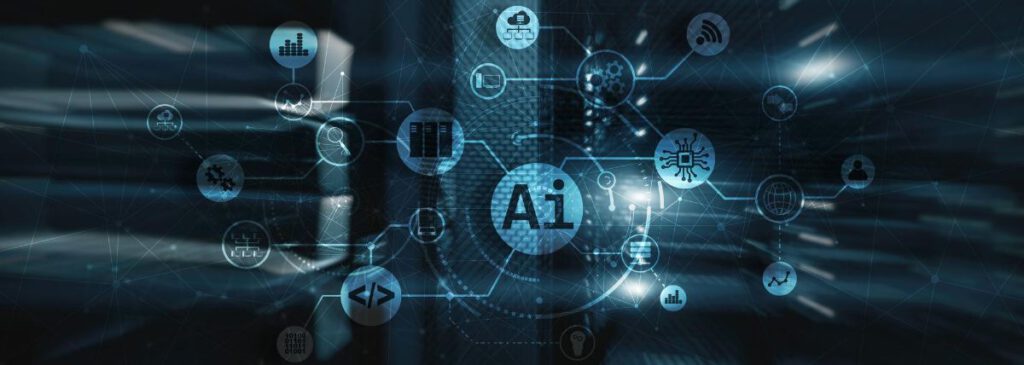In today’s rapidly evolving technological landscape, Artificial Intelligence (AI) stands as a beacon of progress and potential. As we endeavor to understand its trajectory, it becomes imperative to forecast the multifaceted impact AI might have in the coming decade.
Technological Advancements
Deep Learning and Neural Networks:
The current capabilities of deep learning, particularly in neural networks, have already shown promise in areas such as image and speech recognition. As these technologies mature, we can anticipate a broader spectrum of applications, ranging from advanced medical diagnostics to enhanced virtual reality experiences.
Natural Language Processing (NLP):
With the advancements in language models, industries are harnessing the power of NLP for diverse applications. In the next decade, we can expect a more seamless interaction between humans and machines, transforming sectors like journalism, customer service, and academic research.
Robotics and Automation:
The integration of AI in robotics has led to smarter automation, especially evident in manufacturing and logistics. As this trend continues, we might witness a significant shift in job markets, with a higher demand for roles that manage and maintain these automated systems.

Economic Implications
Job Market Transformations:
The infusion of AI across sectors will inevitably reshape the job landscape. While some roles may become obsolete, new opportunities will emerge, necessitating a workforce that’s adaptable and skilled in AI-related domains.
Global Economic Dynamics:
AI’s influence will extend to global economic paradigms. Countries leading in AI research and application might experience an economic advantage, while businesses will need to adapt to AI-centric models to remain competitive.
Societal and Ethical Considerations
Data Privacy and Security:
In an era where data is the new oil, safeguarding personal information becomes paramount. As AI systems become more integrated into our daily lives, there will be a pressing need for stringent regulations to ensure data privacy.
Ethical Dilemmas:
The rise of AI brings forth ethical challenges. Ensuring that AI systems are fair and devoid of biases will be crucial. Moreover, as we tread the fine line of AI consciousness, discussions surrounding AI rights might become more prevalent.
Education and Skill Development:
The next decade will underscore the importance of AI literacy. Educational institutions will likely introduce curricula that equip students with the skills and knowledge to thrive in an AI-driven world.

AI’s Role in NFT, Metaverse, and Web3
NFT and AI Collaboration:
AI has the potential to revolutionize the NFT space, from enhancing art creation to verifying the authenticity of digital assets. The NFT marketplace will likely see innovative integrations, making the user experience more streamlined and secure.
Metaverse Development:
The Metaverse, a collective virtual shared space, will benefit immensely from AI. From creating dynamic virtual worlds to simulating realistic interactions, AI will be at the forefront of Metaverse evolution.
Web3 and Decentralized AI:
The fusion of AI with decentralized technologies like Web3 heralds a new era of data ownership and transparency. This convergence will empower individuals, ensuring a more collaborative and equitable digital ecosystem.
Conclusion
The vast potential of AI is undeniable. As we stand on the cusp of an AI-driven future, it is our collective responsibility to navigate this journey with foresight, ensuring that technological advancements align with ethical considerations and societal well-being.




